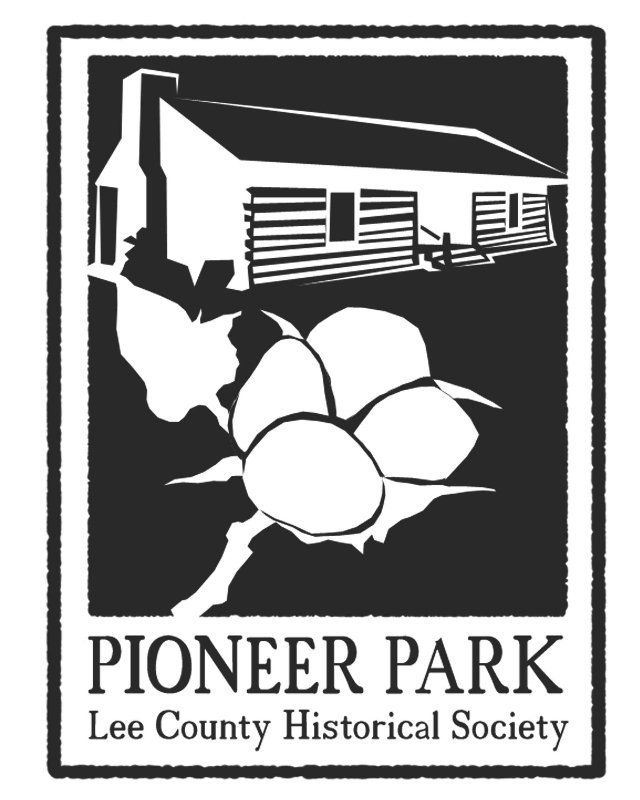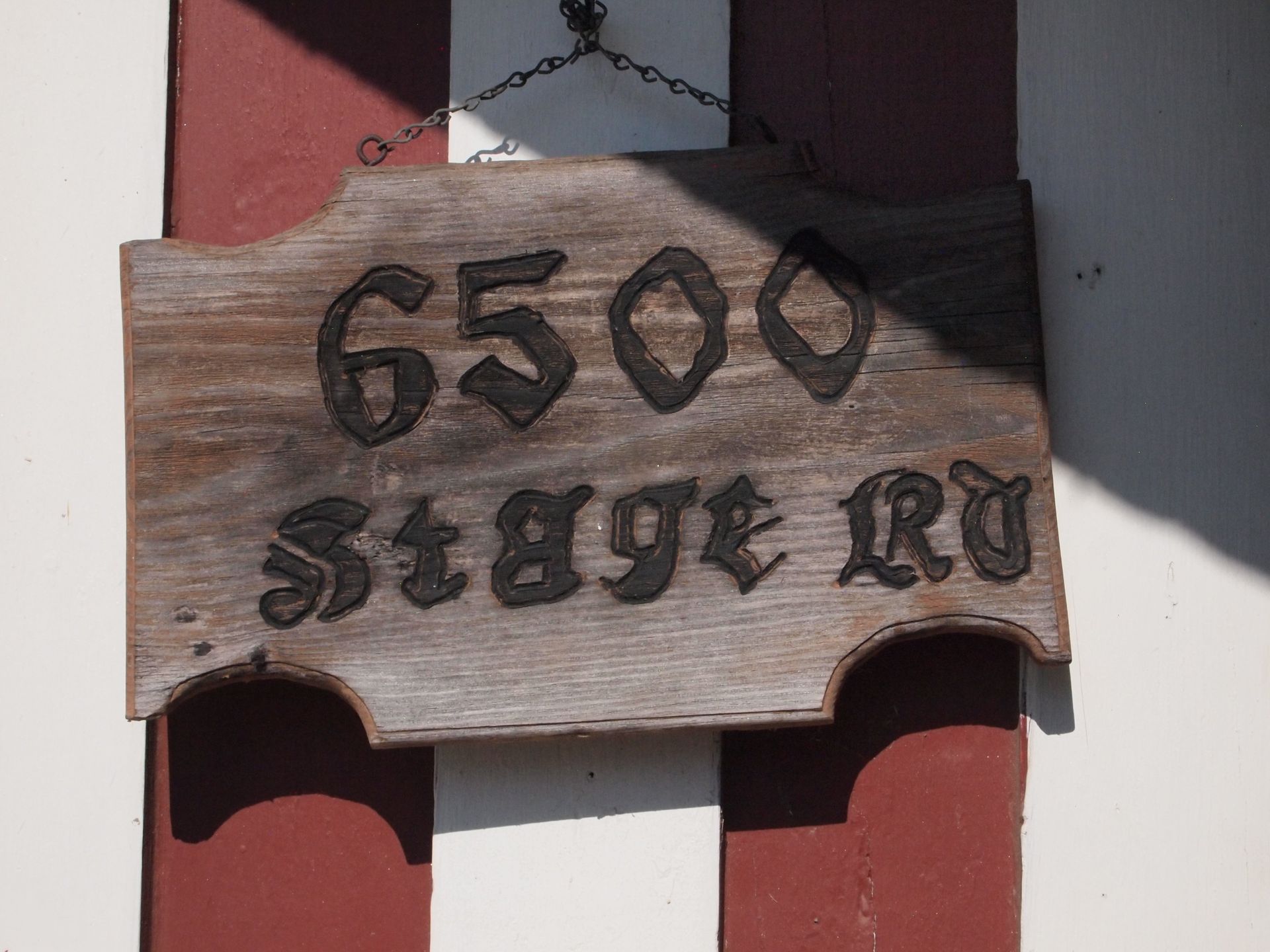Traditional Song and Dance
From cotton fields to spinning wheels, explore the timeless art of textiles. Discover the craft of weaving and sewing, bridging tradition with modern innovation. Delve into the rich tapestry of human history and creativity through the fabric of everyday life.
Exploring Textiles: An Insight into Traditional Crafting Methods
Introduction to Textiles
Textiles, comprising woven, knitted, or crocheted materials, form an integral part of human culture. From tapestries to quilts, textiles encompass a wide array of everyday items, including clothing and household fabrics.
Cotton: A Staple Fiber
Cotton, a vital textile fiber, played a pivotal role in early American settlements. From its cultivation to its processing, cotton served as a primary material for clothing and various fabric products. The laborious task of separating cotton seeds from the fiber and then carding it to align the fibers were essential steps in the preparation process.
Spinning: Transforming Fibers into Yarn
Spinning, a fundamental technique, involves twisting fibers into yarn. Initially done by hand, advancements led to the invention of spinning wheels, revolutionizing the process. Whether spinning wool or cotton, the aim was to create strong, durable yarn suitable for weaving.
Weaving: Crafting Fabric from Threads
Weaving, the art of interlacing warp and weft threads, transforms yarn into fabric. Utilizing looms, weavers create intricate patterns and designs, showcasing the versatility of textiles. From teaching looms to traditional weaving machines, each method offers a unique approach to fabric production.
Sewing: Assembling Textiles into Garments
Sewing, a skill passed down through generations, involves stitching fabric pieces together to create garments and other items. From hand-sewn stitches to the invention of sewing machines, advancements streamlined the sewing process, making it more efficient and accessible.
Preserving Tradition in Modern Times
While modern technology has streamlined textile production, many still appreciate the craftsmanship of traditional methods. Whether for artistic expression or cultural preservation, the art of textiles continues to thrive, bridging the gap between past and present.
In summary, textiles serve as more than just everyday materials—they represent a rich tapestry of human history, innovation, and creativity.
Visit the Next Virtual Stop
Discover the timeless artistry of old-fashioned forges at Pioneer Park in Loachapoka, Alabama, where skilled blacksmiths fashion horseshoes and transform discarded steel into knives with reverence and precision. Amidst an era of mass production, these forges stand as testaments to quality and authenticity, preserving traditional techniques and values for future generations of artisans.
Visit the Previous Virtual Tour Stop
Experience the cultural richness of traditional acoustic instruments with the Whistle Stop Pickers. From the banjo to the dulcimer, their performances preserve and celebrate the timeless traditions of old-time music.
Would you like to visit Pioneer Park firsthand or arrange a field trip?
The museum is open Wednesdays through Fridays: 12:00 p.m. to 4:00 p.m. and all of Pioneer Park is open every Second Saturday of Every Month: 9:00 a.m. to 3:00 p.m.
Museum tours may also be scheduled at other times by appointment by calling (334) 887-3007.

